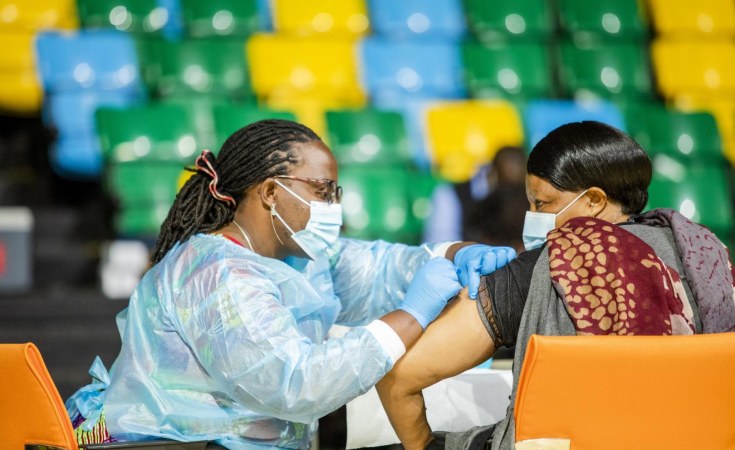The 194 Member States of the World Health Organization (WHO) are currently negotiating the first pandemic accord. Acknowledging that the world learned many hard lessons from the Covid-19 pandemic, governments have agreed that effective mechanisms must be put in place to prevent, prepare, and better respond to the next global health threat.
The African region has been repeatedly subjected to the devastation associated with pandemics, natural disasters, and conflict. It is clear that we need to invest in responsive and resilient health systems, accompanied by strong community engagement. Strengthened health systems, along with new tools and mechanisms, will be invaluable in the implementation of the pandemic accord.
In recent years, Africa has been exposed to multiple outbreaks of Ebola, cholera, and Covid-19, some occurring simultaneously, and our societies have a wealth of experience responding to them. At the same time, the region continues to grapple with non-communicable diseases and the ongoing challenges of HIV/Aids, tuberculosis, and malaria.
Despite being the continent with the greatest needs, we have been the last to receive supplies.
Nations now negotiating the pandemic accord include every African country. Further, the International Health Regulations (IHR) an overarching legal framework that defines countries' rights and obligations in handling public health events and emergencies with the potential to cross borders, are being amended in the wake of the pandemic.
What do these developments mean?
First, it is not only the African region that needs the accord and stronger IHR. The whole world needs it, particularly to prevent outbreaks from becoming pandemics through rapid and effective collective response. But that is not enough.
During the Covid-19 pandemic, the world witnessed the best and worst of humanity. On the one hand, the development of vaccines and sharing of knowledge by scientists across the world were unprecedented. On the other hand, there was a lack of equitable access to these scientific endeavours, with countries being ostracised for sharing information.
African scientists advanced Covid research, genome sequencing, but Africa was in the back of the queue for vaccines and treatments.
Inequities of the distribution of Covid vaccines were more acute for many countries in the global south, which had limited supplies and no immediate capacity to produce. A pandemic accord would enhance collaboration, improve the unity of the world's response, address the equity with which that response is carried out, and increase the speed and efficacy of preparedness and response measures.
In addition to five negotiating sessions on the pandemic accord that were held by all Member States of WHO, with a sixth taking place now the African region has convened region-specific consultations and sessions devoted to specific topics such as equity.
Three sessions on proposed amendments to the International Health Regulations have also been held, with a fourth to take place at the end of July
The accord represents a once-in-a-generation opportunity to protect the world from a future pandemic. It is vital that we heed the lessons of Covid-19 to make quantum improvements in the way the world prevents, prepares for, and responds to infectious disease threats.
These 194 sovereign governments - and they alone - can decide what should be included in the accord and how the International Health Regulations are amended. The accord and the amendments will be presented to the World Health Assembly in May 1924.
Please join us in supporting your government to help determine the best possible measures to protect us all from the next pandemic. Everyone, including children, parents and health workers, stands to benefit.
Dr. Precious Matsoso, from South Africa, is the Co-chair of the Bureau of the Intergovernmental Negotiating Body to Draft and Negotiate a WHO Convention - an agreement or other international instrument on pandemic prevention, preparedness, and response.
Dr. Sultani Matendechero, from Kenya, is a member of the Bureau for the Working Group on Amendments to the International Health Regulations


